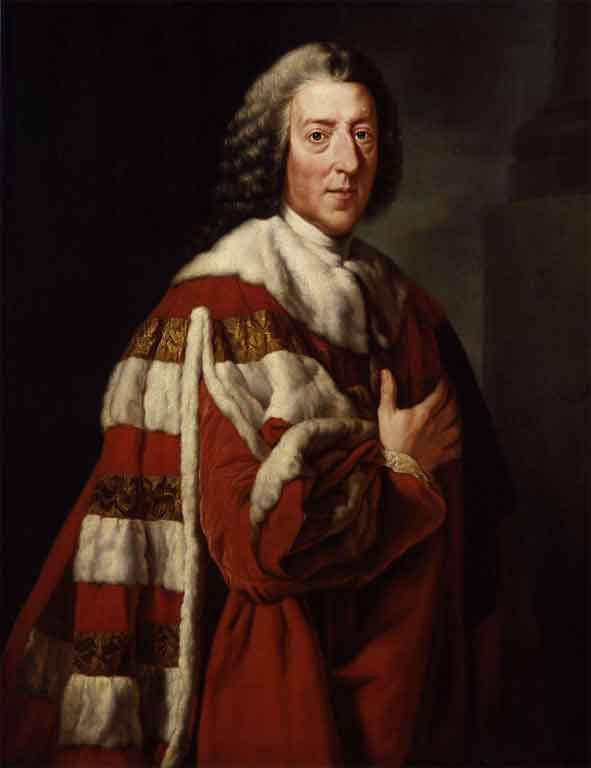Pitt, William

Pitt, William [1st Earl of Chatham] (1708-1778) British politician: Pitt became Secretary of State in 1756, although he had the power of a premier. As soon as he gained the post, he executed his plans to carry on war with France, raise the militia, and strengthen naval power. The enmity between Pitt and the king grew so strong that Pitt resigned from his post in 1757, but was returned to power because of the popular outcry in his favor. He was an admired orator with an imposing presence and an impressive voice, and his military policies were vigorous, wise, and successful. Nevertheless, he was compelled to resign when the cabinet refused to wage war on Spain. In 1763, Pitt supported plans for a large army to be sent to America to defend the empire, but his failing mental health prevented him from taking part in discussions about the financing of the troops. In 1766, he spoke in support of the repeal of the Stamp Act, but his argument was based on muddling reasoning, and made little impact. In 1766, Pitt formed a new ministry and chose for himself the near-sinecure of privy seal, including a seat in the House of Lords. Increasingly poor health forced Pitt to resign from public office in 1768, and he was unable to return to his former active political role. In 1775, the House of Lords rejected Pitt's "Provisional Act," which called for the retention of British sovereign authority over America without the right to tax the colonies. Although he continued to condemn taxation and war policies, he died insisting that American independence should not be granted.
 >
>